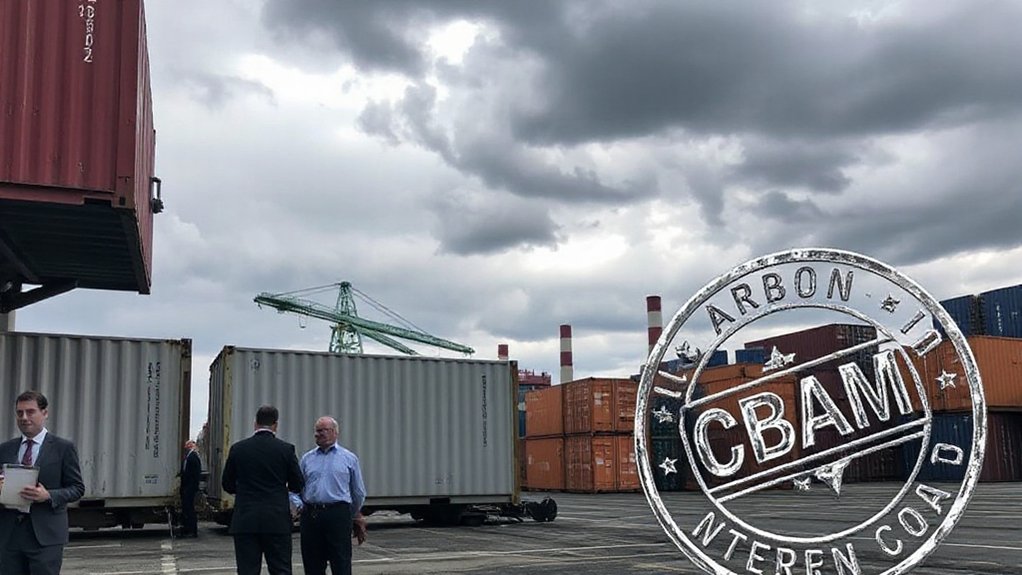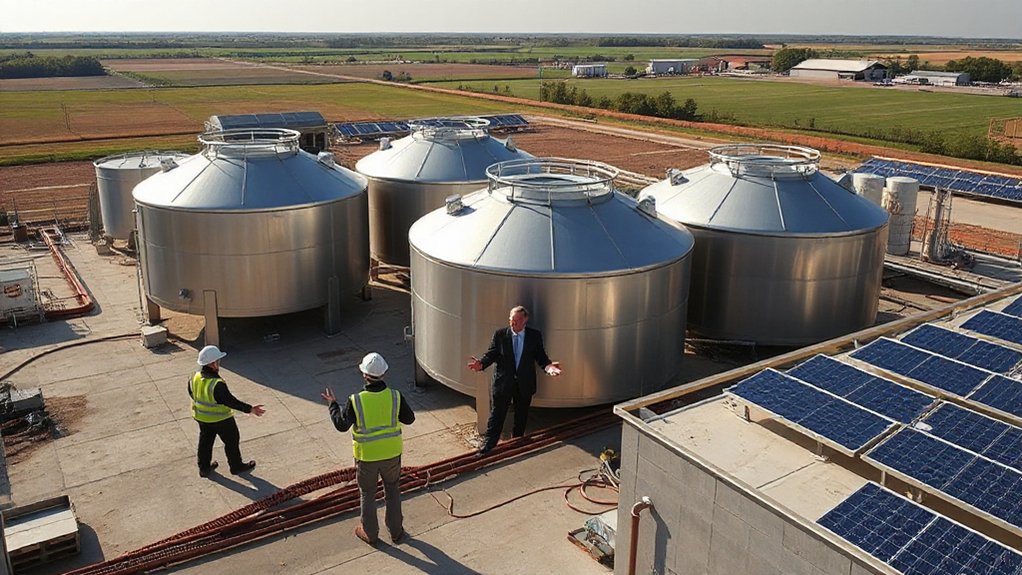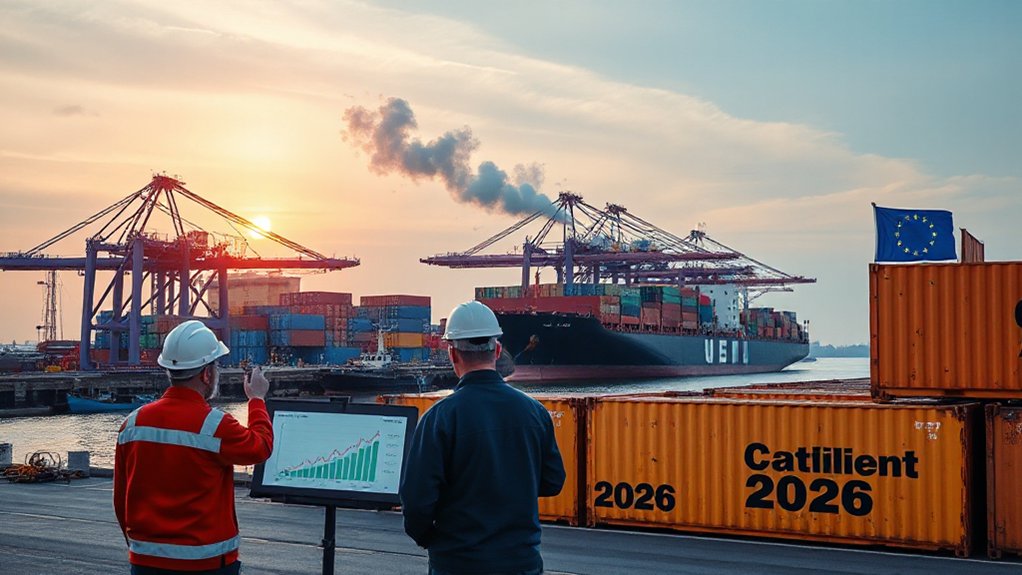Shell remains the world’s top user of voluntary carbon credits for a second year, retiring 14.5 million credits in 2024. This represents 6.5% of global redemptions. Most come from forestry and land-use projects. However, CEO Wael Sawan plans to sell a majority stake in nature-based initiatives and cut $100 million in annual credit spending. The company faces criticism for prioritizing affordability over quality in its offset strategy.
Shell has strengthened its grip on the carbon offset market, retiring 14.5 million carbon credits in 2024. This marks the second consecutive year the energy giant has been the top global user of voluntary carbon credits. Most of these credits came from forestry and land-use initiatives, with 9.4 million credits from this category alone. Another 2.4 million credits were purchased from renewable energy projects.
The company’s carbon credit usage represents 6.5% of global redemptions, which exceeded 222 million credits in 2024. Shell has dramatically increased its offset purchases from just 3 million credits in 2022. Over a six-month period, the company dominated 14% of the voluntary carbon market (VCM), showing its growing influence in this space.
Despite this market dominance, Shell is planning a strategic shift. CEO Wael Sawan announced plans to sell a majority stake in nature-based carbon projects while cutting $100 million in annual spending on new carbon credits. The company will maintain a minority stake in these projects while exploring advanced carbon removal technologies.
Shell’s carbon offset portfolio, launched in 2018, initially aimed to generate 120 million carbon credits annually. Most credits came from REDD+ projects designed to prevent deforestation. However, the market has faced challenges, with REDD+ credit prices dropping from $12.50 in 2022 to just $3.60 in 2023. The company operates primarily within the Voluntary Market segment that has been growing significantly due to increasing corporate sustainability commitments. The company’s strategy focuses primarily on emissions avoidance projects rather than carbon removal technologies used by other major buyers.
The company has faced criticism for its approach to carbon credits. Shell has been accused of using credits from projects under investigation by Verra, including 1.23 million credits from suspended rice farming projects. Environmental groups have charged the company with “bad faith” practices, suggesting Shell prioritizes affordability over quality in its offset purchases. Each offset credit represents one metric ton of carbon dioxide equivalent that Shell claims to have reduced elsewhere.
While Shell remains committed to reducing its operational emissions by 50% by this 2030 and achieving net-zero emissions by 2050, its average credit price of $4.15 reflects a strategy that emphasizes scale and cost-effectiveness, sometimes at the expense of higher-quality offsets.








